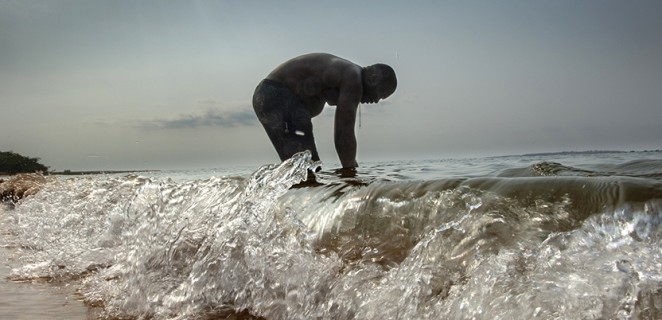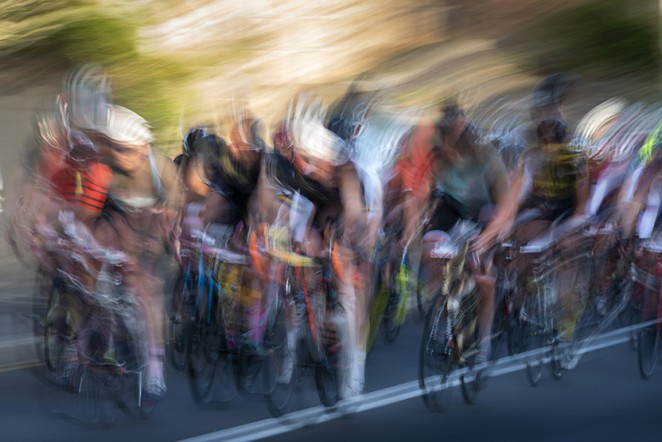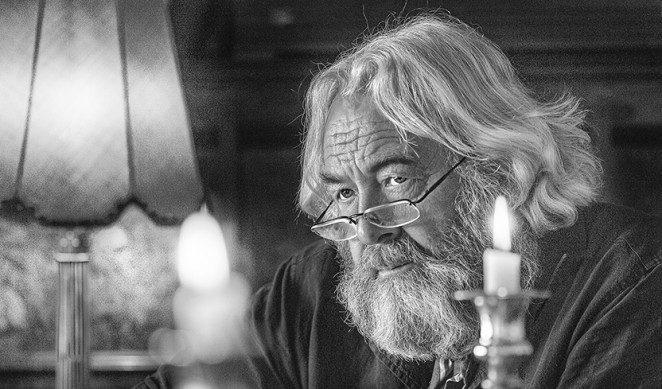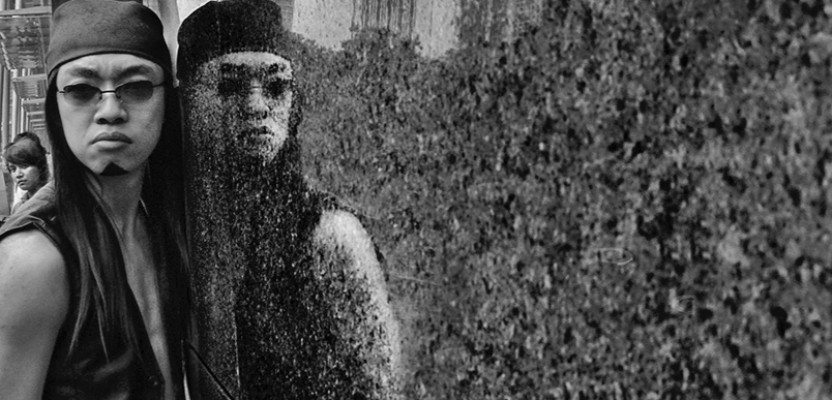As the 2nd ranked photographer on Creativepool with over 40 years of experience, Ken Gerhardt certainly knows more than most about the art of photography. In recent years, he’s rediscovered his love for black and white film, feeling that the over-manipulation of digital photography has robbed some of the magic out of the practice.
His journey through the creative industries has been quite an interesting one indeed, and we were able to capture just a fraction of that journey in our conversation this week.

Where are you from and how did you get into the industry?
Cape Town, South Africa and I got into the industry by default actually; I wanted to study fine art but by chance found myself chatting to a photographer near the art college. He had opened a photographic studio and was needing an assistant. I said, “I’ll give it a go” — I’ve never looked back.
Where are you based now and who do you work for?
I’m based in Cape Town. I shoot for commercial, industrial and marketing clients. Also, over the last ten years, I’ve gone back to shooting on B&W film exhibiting ‘fine-art’ handprint collections in galleries locally and abroad.
Explain your creative style and process
My style is ‘artistic-realism’ — when shooting on film I learned certain disciplines; ‘brainstorming’, pre-planning and story-boarding, before ever going out on location. Pre-visualisation is the mental state where I hold images together to create a collection of photographs on specific subjects.

Please provide one sentence about your spotlighted work on Creativepool
It’s an honour when I know my work has been scrutinised by people who understand photography.
How has technology affected the way you work (if at all)?
Digitally captured images have certainly changed the landscape of photography — translating image files globally is now a ‘doddle’. Sadly, though, for me, digital’s ‘over-manipulation’ in post-production has robbed photography of its ‘believability’. Therefore, I avoid digital-post production ‘trickery’ in my photography.
If you could change one thing about the industry what would it be?
The term, “Image Capture” — ‘capture’ means “to record accurately in word or pictures”, hence my reply above.

What’s your secret to staying inspired and motivated?
John Steinbeck’s comment; “The camera need not be a cold mechanical device. Like the pen, it is as good as the man who uses it. It can be the extension of mind and heart.”
If you weren’t in your current industry, what would you be doing?
I reckon sitting behind at an easel painting in oils or watercolours.
What’s the work achievement you’re most proud of?
My fine art B&W handprint collections — a warm feeling comes over me on entering a gallery seeing my Silver-Gelatin enlargements, all beautifully framed staring back at me.

How do you recharge away from the office?
I live by a beautiful beach and enjoy swimming for exercise so my recharge station is just a few steps away!
What advice would you give to other aspiring creatives in the industry who are looking for commissions?
Good question — looking for ‘commissions’; I think photographers are ‘commissioned’ less nowadays than ever before. For a start, stock libraries offer an image to fulfil almost any brief. Also, the proliferation of user-friendly, affordable and technically advanced digital cameras and camera phones, along with mass marketing on social media, have put photography (for good or ill) into the hands of just about everybody.

These days, it seems to me, everybody thinks they can be a photographer. This has shrunk the market for commissioned professional photographic services. Having said that, for me, the most important ingredient for any commercial photographer is to define their ‘style’, or distinctive ‘signature’; that particular ‘treatment’ that’s not easy to replicate.
What’s your one big hope for the future of the creative industries?
Another good question – I would like to see more campaigns dealing with humanity, and not ‘retail’ consumerism — marketers should ‘focus’ more on truthful stories, social anthropology, cultural development, people in general, faces and places, and portray ‘life’ as it really is — not retail idealism!



